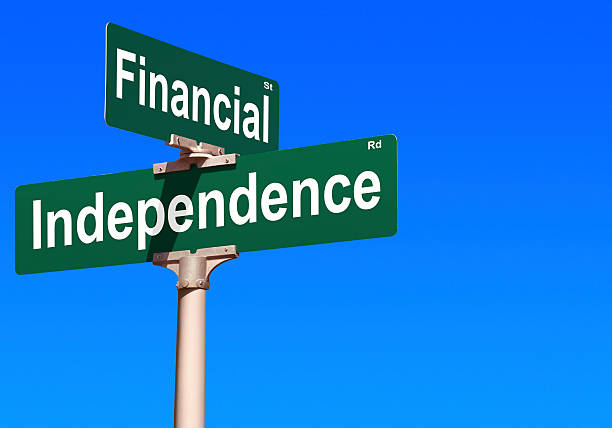What is really financial independence? Is it living debt-free or being able to meet your requirements without having to rely on others for money? Well, it might be, either. Financial independence or financial freedom has no set definition. Still, it typically refers to achieving one or more of the following objectives: ceasing to rely on others to meet your financial needs, living debt-free, having enough money to afford a particular lifestyle, working because you want to rather than because you have to, and being able to retire.
A lot of people eye for this independence. They get a much-needed breath of fresh air from it. Unfortunately, far too many people lack financial freedom. So how exactly can one achieve financial independence? Who knows, perhaps one of the things that might lead you there is your credit card bonus offers.
The following actions can assist you in achieving financial independence:
1. Set realistic and specific goals
Most people immediately decide on long-term goals; however, focusing on small milestones leads you to bigger goals. Start by defining financial independence to you because it can mean various things to different people. Be clear about what you want, how much money you’ll need to get there, and how long you’ll need to save it. The more explicit your goals, the greater your likelihood of reaching them. Two examples are setting financial milestones at regular intervals or allotting oneself enough time to complete each task.
2. Follow a budget rule.
Creating a budget that works for you is crucial if you want to become financially independent. It makes sure that you are spending just enough amount you need. Budgeting also entails evaluating your income, deducting your payments, and deciding how to spend the remaining funds to achieve your objectives. Consider adhering to the FIRE movement or the 50/30/20 budget rule. It’s a straightforward, doable method for managing money for persons with various expenses and incomes.
3. Be strategic with debts
If you want to become financially independent, you should put debt reduction at the top of your priority list. Whether you have credit card debt, student loan debt, or home debt, these debts cost you the most over time so think about paying them off first. Make it a priority to pay all your payments on time so you may establish good credit, regardless of your specific debt management plan. Remember that the interest rate you are offered depends on your credit score!
4. Invest, invest, invest
Not only the likes of Elon Musk and Bill Gates engage in investing. Investing is one of the most efficient ways to achieve your financial objectives. Even a modest initial investment can tremendously expand if done correctly and prudently. However, refrain from overspending on everything you desire because knowing your financial situation is one of the money-saving pieces of advice that may help you become financially independent. Most significantly, invest in your health because poor health maintenance might harm your ability to achieve your financial objectives.
5. Create an emergency fund
Most of the time, life won’t be as planned. A dedicated emergency fund will help you make a go of it and avoid collecting credit card debt or borrowing from your savings account and investment accounts to cover emergency needs. Set up an automated withdrawal from your emergency fund on the same day you receive your paycheck. In this manner, the incentive to spend that money is removed. And it’s always better to be ready than sorry.
6. Live within your means
A mindset centered on making the most of less is necessary for mastering a thrifty way of life, and it’s simpler than you might think. It simply entails developing the ability to tell the difference between goods you need and things you want and then making modest changes that significantly improve your financial well-being. Avoid the temptation to lead a lifestyle that is beyond your means. While expensive items are desirable, some less costly alternatives can still meet your needs.
